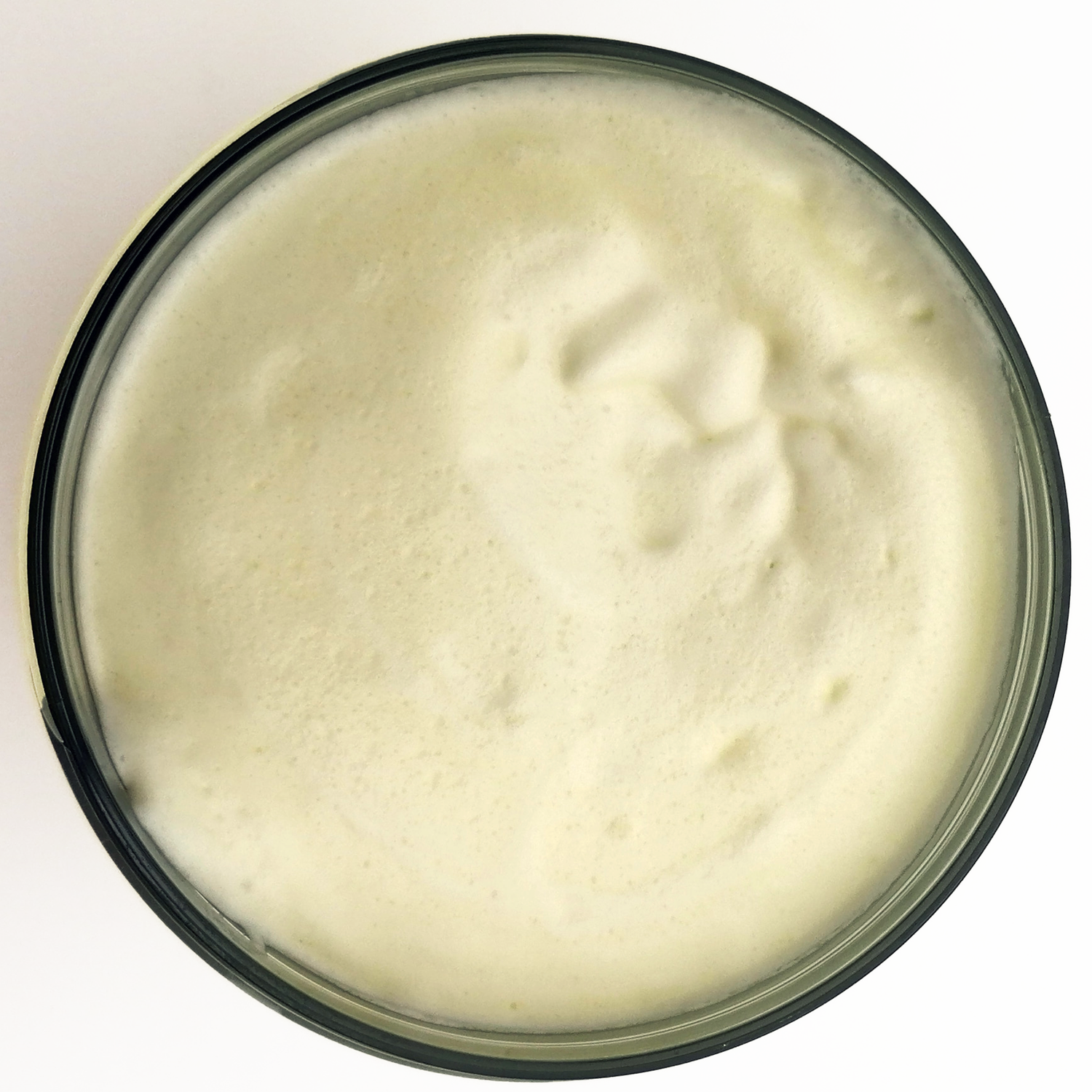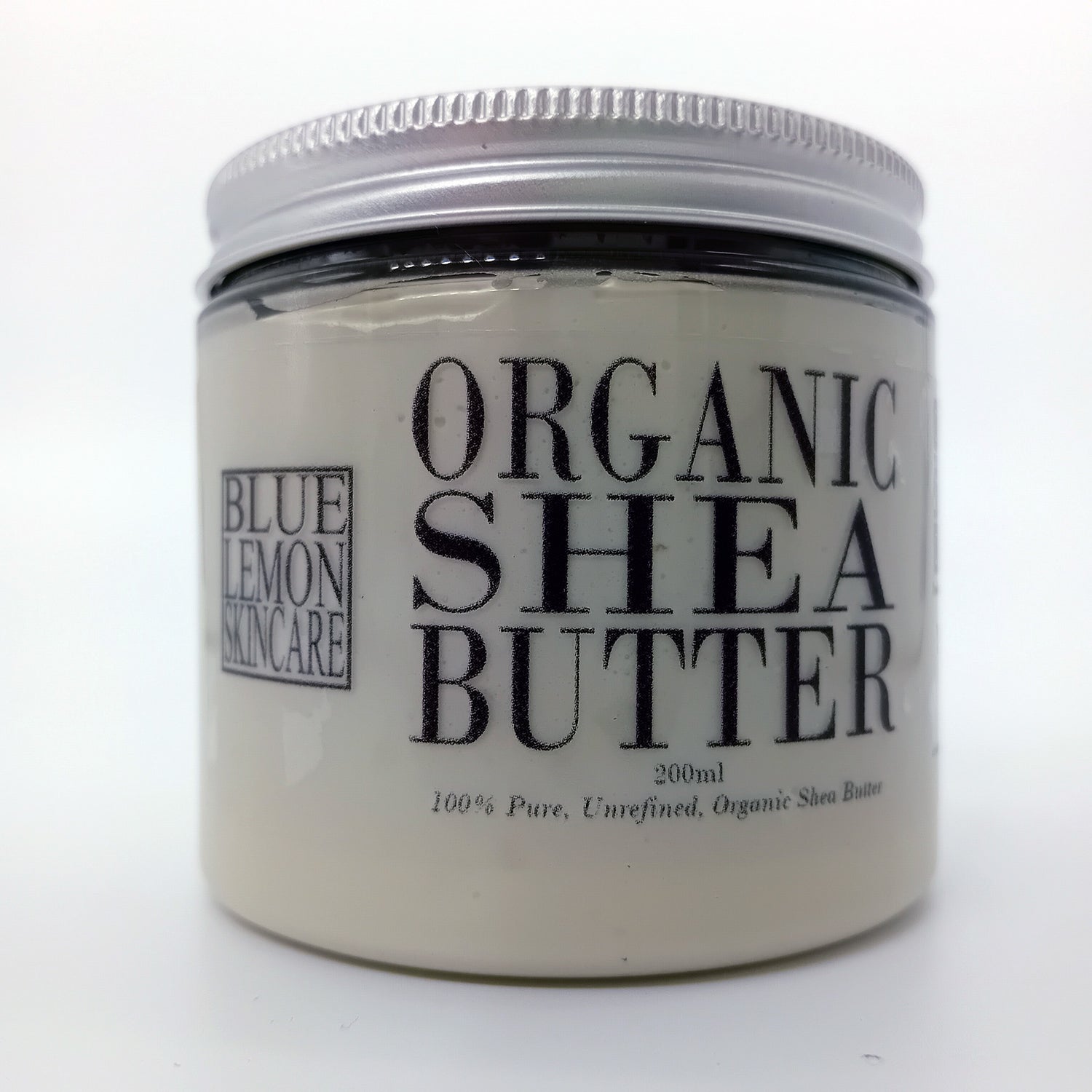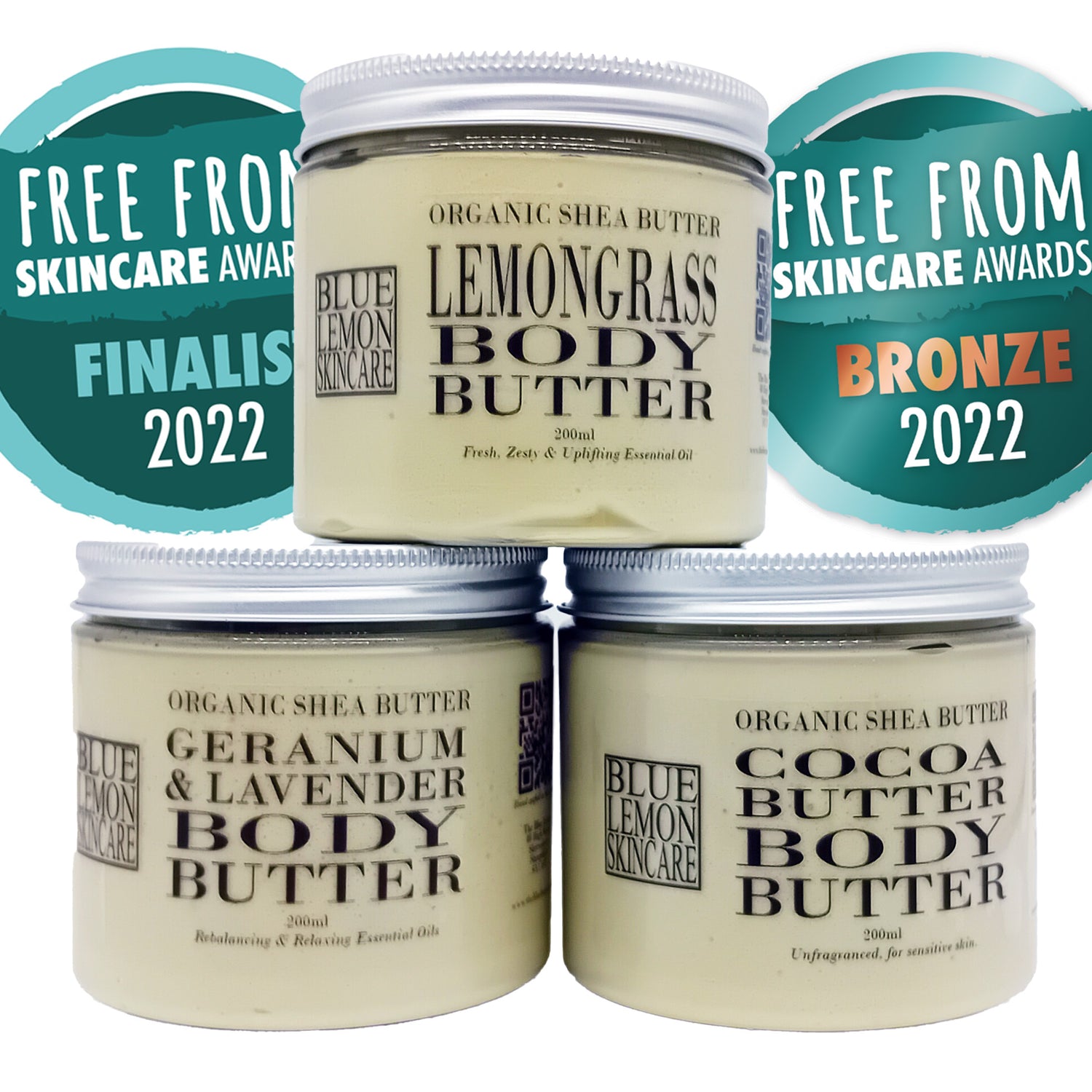Shea butter is a natural fat extracted from the nuts of the African shea tree (Vitellaria paradoxa), widely used in cosmetics for its moisturizing properties due to its high content of fatty acids and vitamins. Its key benefits include deep hydration, anti-inflammatory effects, antioxidant properties, and suitability for various skin types without clogging pores.

shea butter
QUICK FACTS
In its purest form, shea butter is edible and is used in cooking oil in some African countries.
Shea butter has been used for centuries in Africa for its moisturizing and healing properties.
The term "shea" originates from "s'í," the tree's name in the Bambara language of Mali.
Beyond skincare, shea butter is used in hair care, candle-making, and even as a waterproofing agent.
Shea butter is non-comedogenic, meaning it doesn't clog pores, making it suitable for facial use.
Shea butter is packed with vitamins and antioxidants that help soothe and repair dry or damaged skin. In Nigeria, shea butter is applied around the nostrils to alleviate congestion and sinus issues.
Shea butter is often referred to as "women's gold" in Africa, as its production provides income for many women in rural communities.
Shea butter offers a measure of sun protection, though it shouldn't replace sunscreen.
Shea butter can vary in colour from ivory to yellow, depending on its processing and the presence of natural ingredients.

SHEA BUTTER
BENEFITS AND USES
Shea butter, derived from the nuts of the African shea tree (Vitellaria paradoxa), is renowned in skincare and soap-making for its exceptional moisturizing and healing properties. Rich in fatty acids and vitamins, it deeply hydrates the skin, enhances elasticity, and forms a protective barrier against environmental stressors. Its anti-inflammatory and antioxidant attributes make it effective in soothing conditions like eczema and reducing signs of aging. In soap formulations, shea butter contributes to a creamy lather and imparts a luxurious, nourishing feel, leaving the skin soft and rejuvenated.

SHEA BUTTER
SCIENCE
Shea butter's remarkable properties stem from its rich biochemical composition. It contains a high concentration of fatty acids, predominantly oleic and stearic acids, which constitute about 85–90% of its total fat content. These lipids are crucial for maintaining skin's moisture and elasticity. Additionally, shea butter is abundant in vitamins A and E, potent antioxidants that help protect the skin from free radical damage and support healthy cell regeneration. The presence of cinnamic acid esters contributes to its anti-inflammatory effects, making it effective in soothing skin irritations. This unique combination of fatty acids, vitamins, and anti-inflammatory compounds underpins shea butter's widespread use in skincare formulations.

SHEA BUTTER
SUSTAINABILITY & ETHICS
Shea butter production is integral to the economic empowerment of women in rural West Africa, where they engage in harvesting and processing shea nuts, thereby securing vital income for their families. This traditional practice not only supports community livelihoods but also promotes environmental sustainability, as shea trees contribute to carbon sequestration and biodiversity. Ethical sourcing of shea butter emphasizes fair compensation and sustainable harvesting methods, ensuring the preservation of local ecosystems and the well-being of producer communities.

INGREDIENT
HOW WE USE IT IN OUR PRODUCTS
At The Blue Lemon, we harness the nourishing properties of shea butter across our range of handcrafted soaps and skincare products. In our solid soaps, shea butter is blended with olive oil, coconut oil, and castor oil to create a rich, moisturizing lather that cleanses gently without stripping the skin. For our skincare formulations, such as hand creams and balms, we combine shea butter with other natural oils and butters to deliver deep hydration and protection, leaving your skin soft, supple, and rejuvenated.
FAQ
What is shea butter?
Shea butter is a natural fat extracted from the nuts of the African shea tree (Vitellaria paradoxa). It's widely used in cosmetics and skincare products for its moisturizing and healing properties.
How is shea butter beneficial for the skin?
Shea butter is rich in fatty acids and vitamins, making it an excellent moisturizer. It also possesses anti-inflammatory and antioxidant properties, which can help soothe skin conditions like eczema and reduce signs of aging.
Can I use shea butter on my face?
Yes, shea butter is generally safe for facial use and is non-comedogenic, meaning it typically doesn't clog pores. However, individuals with acne-prone skin should patch test first to ensure it suits their skin type.
What is the difference between raw and refined shea butter?
Raw (unrefined) shea butter retains most of its natural vitamins and healing properties and has a slightly nutty, smokey aroma. Refined shea butter undergoes processing to remove impurities, resulting in a white, odorless product, but this process can also strip away some beneficial nutrients.
How should I store shea butter to maintain its quality?
To preserve its freshness, store shea butter in an airtight container, away from heat and direct sunlight. Proper storage can help maintain its beneficial properties and extend its shelf life.












